If a photo is worth 1,000 words, a meme might be worth 1,000 photos. What catches the fancy of a country’s internet users often also provides great insight into what’s happening in the country it self.
This week, China’s education ministry published its annual report (link in Chinese) on the country’s language use, including the top 10 internet memes of 2015. They’re nothing less than “a window to understand the society,” the ministry said.
The official list excludes popular memes that are politically sensitive—for example, “Zhao Family,” which ridicules those wealthy, power families connected with the Communist Party leadership. As Beijing continues to tighten its control on free speech, it is even harder for sensitive phrases to circulate long enough online to become memes. (Quartz’s five favorite memes in 2014 were less tame.)
Still, many of 2015’s official selections reflect Chinese netizens’ frustrations about the country’s turbulent stock markets, social inequality, and hideous bureaucracy. Others show their wistful dreams of escape. Enjoy.
To say an important thing three times
The origin is perhaps a Japanese animation, a Chinese sci-fi novel, or a TV commercial. Regardless, Chinese internet users have appropriated Western pop culture to prove that this is a universal truth the world should behold. For example, Sheldon Copper, the weirdo science geek on CBS’s sitcom The Big Bang Theory, who always calls a person’s name three times when knocking.
Or Linkin Park’s New Divide:
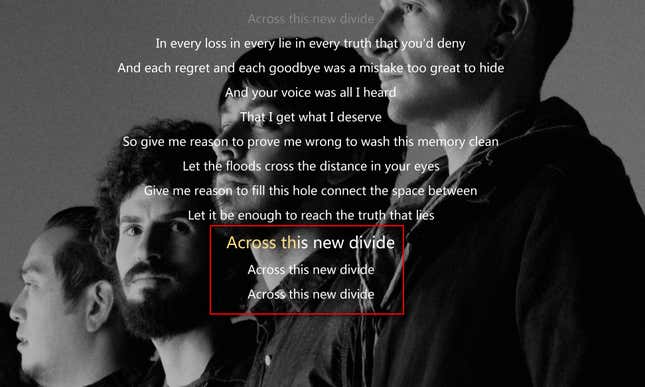
Or even a line from German philosopher Friedrich Nietzsche’s book Beyond Good and Evil:
But, repeated once more, and three times repeated, it is expediency, expediency, expediency, mixed with stupidity, stupidity, stupidity.
The world is so big, I want to have a look
This comes from a one-sentence resignation letter from a Chinese teacher, who wrote simply: “The world is so big, I want to have a look.” Gu Shaoqiang, a middle school teacher in central China’s Hunan province, left her job in April 2015 before she married her husband. The letter was posted online and quickly went viral, as China’s citizens discussed how great it would be to leave their jobs.
After all, who doesn’t want to get away from their mundane life to enjoy a trip without a single worry?
You city folk really know how to live it up
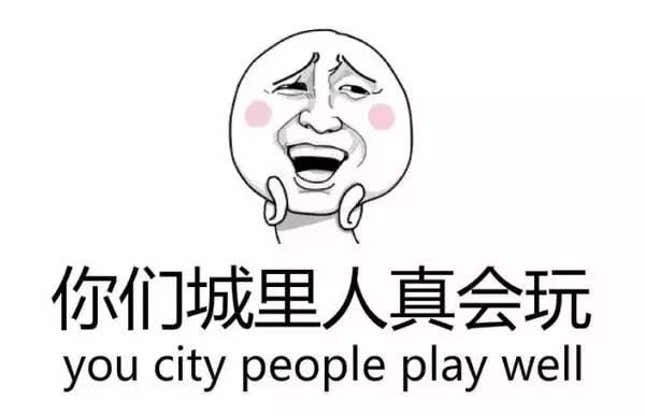
The phrase is not complimentary, it is sarcasm which implies “Huh, I can’t really understand how you city folk behave.” You don’t have to be country folk to use it. Just relate it to everything from extravagant weddings to surgery-enhanced selfies to geeky gadgets that are new, strange, enviable, or unreasonable to you, and say they belong to the “city folk,” while mocking yourself as the opposite.
Safeguard the markets for your country
This refers, of course, to the stock markets. China’s historically horrific stock market crash vaporized $5 trillion worth of investor wealth between June and August. In order to prop the markets up, Beijing rolled out a massive rescue package, searched ruthlessly for culprits guilty of insider trading, rumor-spreading, and banned what it calls “malicious” short-selling.
China’s retail investors, who traditionally buy most of China’s stocks, were encouraged to go long not short, for the good of their own country. The phrase “Safeguard the markets for your country,” started as a patriotic movement, but ended up being mocked.
Could have lived on beauty…
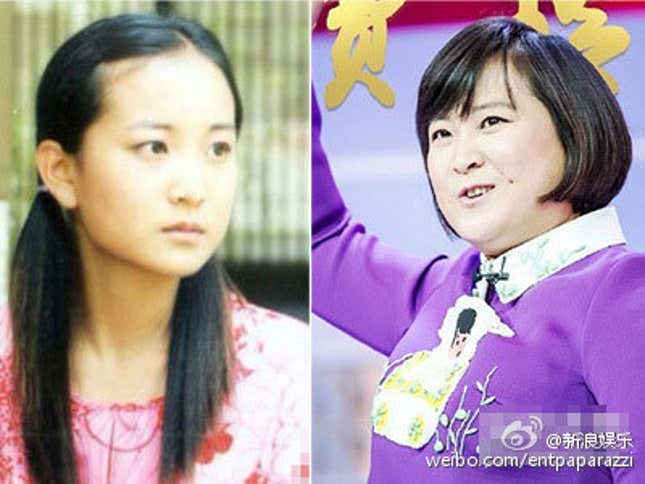
Jia Ling, a Chinese comedian who’s known for portraying men and her stout figure, surprised many Chinese internet users when they caught a glimpse of how pretty she looked in the old days. After photos of Jia with long hair, showing off her shapely body were widely circulated on Weibo, she re-posted them with the comment: “I’m the perfect embodiment of someone who could have lived on beauty, but chose to live on talent.”
The phrase, along with the pattern “could have… but chose,” soon went viral. You can use the phrase to admire those who’re enviably both good-looking and talented, or use it to describe yourself as long as you find some good evidence.
I want to be quiet/I miss Jingjing
This one is tricky. 我想静静, or Wo Xiang Jingjing, can be understood as both “I want to be quiet” and “I miss Jingjing,” which is a common nickname for girls in China. So while Chinese netizens use the phrase to say “leave me alone,” they often add one more sentence after that: “Don’t ask me who Jingjing is.” It is a sort of pun: I want to be quiet (I miss Jingjing), and don’t ask me who Jingjing is.
It scares the baby to death
The baby is not a baby, but you, or anyone who uses the phrase. Chinese women—sometimes men as well—like to call themselves “babies” to act cute. So try “The baby is angry!” instead of “I’m angry!”
(I can’t guarantee someone won’t want to punch you in the face if you do, though.)
I almost fell apart on the inside
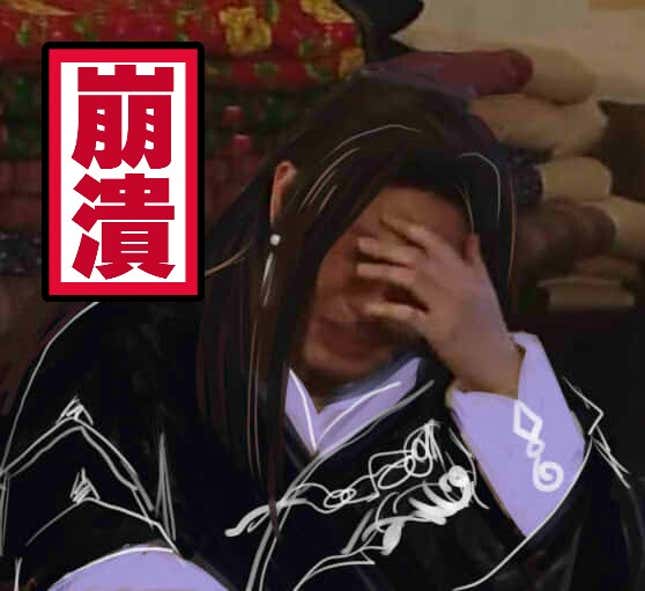
A Chinese comics author used the phrase in an interview, then Chinese netizens followed in her footsteps, with some vivid examples. “I walked around two kilometers on a smoggy day only to find out the shop had run out of goods,” one blogger wrote on Weibo. “I almost fell apart on the inside.”
My mum is my mum
In China, you might need to prove something that appears self-evident to get things done. In April 2015, a Beijing resident surnamed Chen was asked by a travel agency to prove his mother was his mother, after he listed her as an emergency contact before traveling aboard. In another case, a 74-year-old woman was asked to prove she’s not dead to draw her pension. Such bureaucracy has been criticized by Chinese premiere Li Keqiang. It didn’t escape from Chinese netizens’ mockery, either.
Mainly focus on my aura
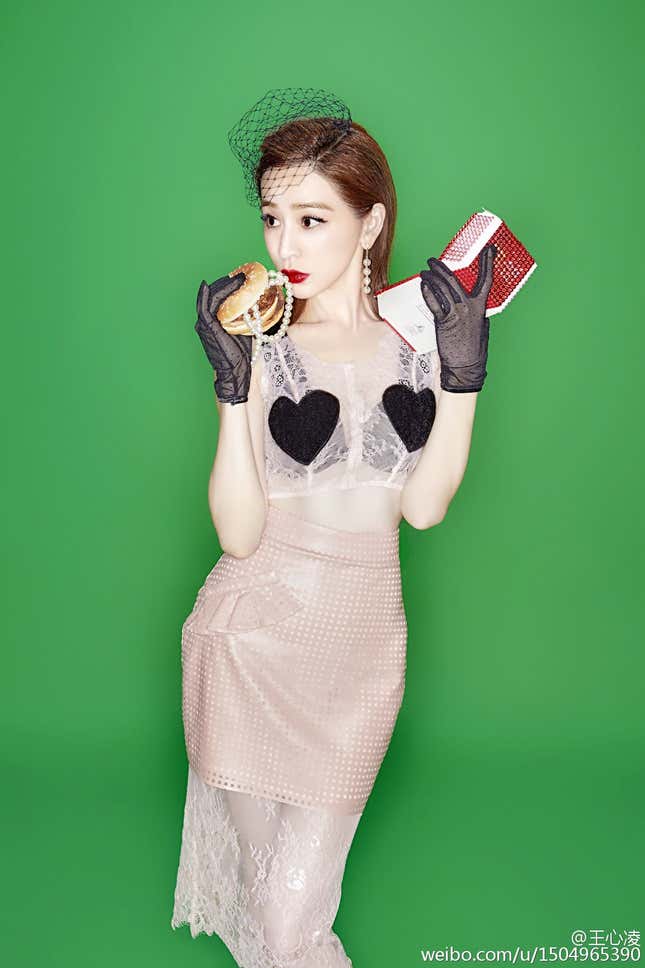
Taiwanese singer Cyndi Wang takes credit for this meme. While releasing her new album in November 2015, Wang posted a photo on Weibo holding a hamburger with a pearl necklace inside it. Some bloggers said they didn’t get the idea, and Wang replied: “Mainly focus on my aura.” Then Chinese netizens mimicked Wang, posting their photos—some are confusing, others are not good looking—and used the phrase to defend the notion that beauty comes from their temperament, not appearance.
